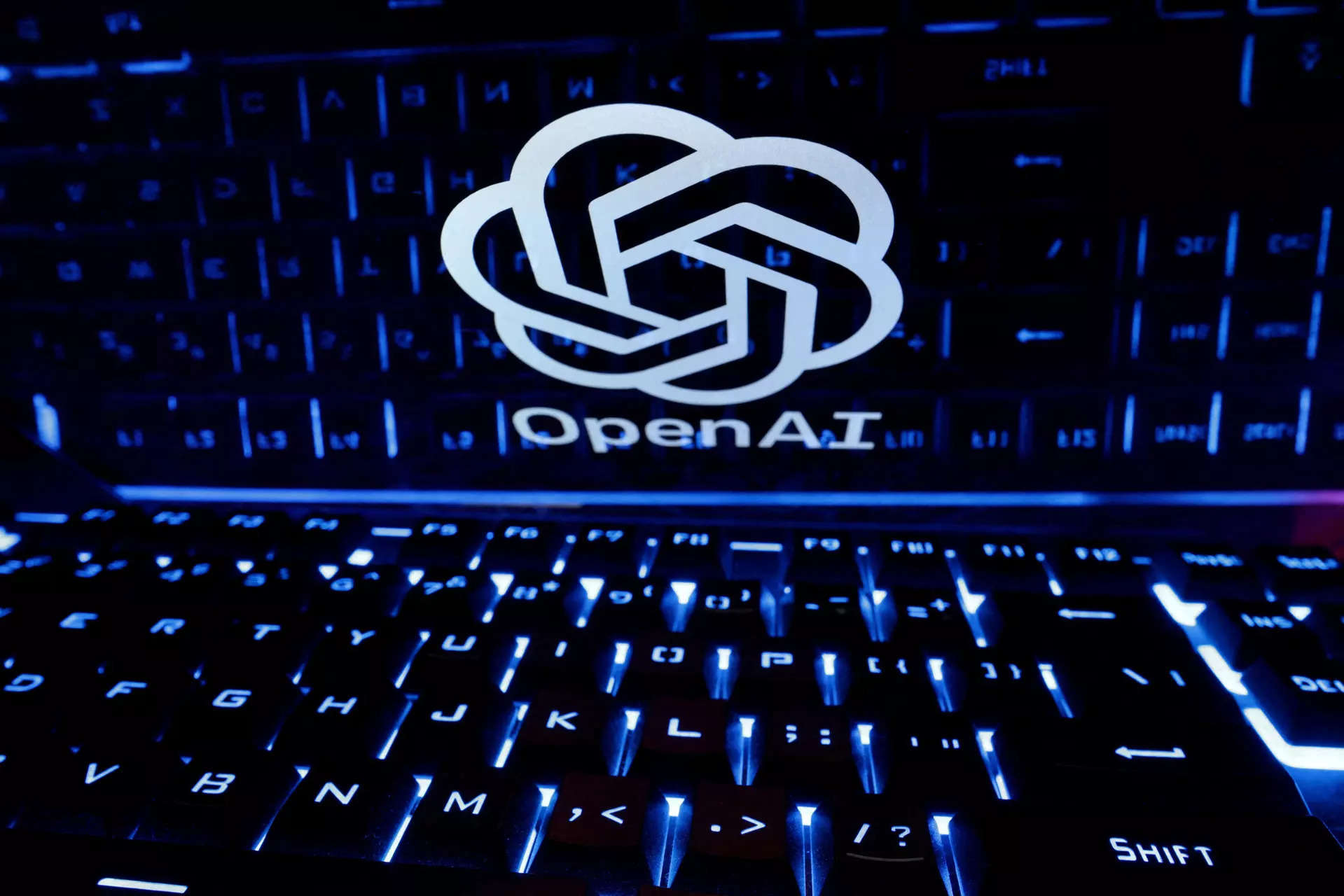
[ad_1]
About a year ago, startup OpenAI released the first AI chatbot for public use and the move eventually started the generative AI boom that we have seen in the past 12 months. Soon, the it got Microsoft’s backing and this led to other tech giants, especially Google, to launch its own AI chatbot. OpenAI has since been upgrading its models bringing new capabilities over time.On November 6, the company hosted its first-ever developer conference called DevDay in San Francisco, and here are the five 5 announcements from the event.
OpenAI launches GPT-4 Turbo
OpenAI has announced an improved large language model called GPT-4 Turbo, which it says is more capable and will be cheaper for developers. The company said that it has a 128K context window, which is “equivalent to more than 300 pages of text in a single prompt.”
GPT-4 Turbo is currently available via an API preview and has been trained with information dating to April 2023.
ChatGPT has 100 million weekly users
OpenAI CEO Sam Altman has announced that 100 million people are using ChatGPT weekly. To put context, it took ChatGPT to reach 100 million monthly active users in January – two months after launch. In comparison, Facebook took about four and a half years, Twitter over five years, and Instagram about two years to hit 100 million users after their respective launch.
2 million developers are working for OpenAI
OpenAI launched ChatGPT last year and since the debut, the company has roped in developers to create experiences. Altman said that there 2 million developers that are now working with the company’s tools, and around 460 companies – 92% – of the Fortune 500 companies are using its products.
OpenAI also gave away $500 in credits to everyone in the audience to help developers to get moving with its new tools.
GPTs and GPT store
OpenAI has announced GPTs – ChatGPT-like chatbots that users can create for a specific purpose – no coding is required.
“GPTs are a new way for anyone to create a tailored version of ChatGPT to be more helpful in their daily life, at specific tasks, at work, or at home—and then share that creation with others,” the company said.
These custom ChatGPTs can be developed for company’s internal use, or for everyone and share them publicly on the GPT Store rolling out later this month. The store will have creations by verified builders.
OpenAI’s ‘copyright shield’
OpenAI is following the footsteps of Microsoft and Google in protecting its enterprise customers against copyright lawsuits called Copyright Shield.
“We will now step in and defend our customers, and pay the costs incurred, if you face legal claims around copyright infringement,” the company said.
OpenAI launches GPT-4 Turbo
OpenAI has announced an improved large language model called GPT-4 Turbo, which it says is more capable and will be cheaper for developers. The company said that it has a 128K context window, which is “equivalent to more than 300 pages of text in a single prompt.”
GPT-4 Turbo is currently available via an API preview and has been trained with information dating to April 2023.
ChatGPT has 100 million weekly users
OpenAI CEO Sam Altman has announced that 100 million people are using ChatGPT weekly. To put context, it took ChatGPT to reach 100 million monthly active users in January – two months after launch. In comparison, Facebook took about four and a half years, Twitter over five years, and Instagram about two years to hit 100 million users after their respective launch.
2 million developers are working for OpenAI
OpenAI launched ChatGPT last year and since the debut, the company has roped in developers to create experiences. Altman said that there 2 million developers that are now working with the company’s tools, and around 460 companies – 92% – of the Fortune 500 companies are using its products.
OpenAI also gave away $500 in credits to everyone in the audience to help developers to get moving with its new tools.
GPTs and GPT store
OpenAI has announced GPTs – ChatGPT-like chatbots that users can create for a specific purpose – no coding is required.
“GPTs are a new way for anyone to create a tailored version of ChatGPT to be more helpful in their daily life, at specific tasks, at work, or at home—and then share that creation with others,” the company said.
These custom ChatGPTs can be developed for company’s internal use, or for everyone and share them publicly on the GPT Store rolling out later this month. The store will have creations by verified builders.
OpenAI’s ‘copyright shield’
OpenAI is following the footsteps of Microsoft and Google in protecting its enterprise customers against copyright lawsuits called Copyright Shield.
“We will now step in and defend our customers, and pay the costs incurred, if you face legal claims around copyright infringement,” the company said.
[ad_2]
Source link
